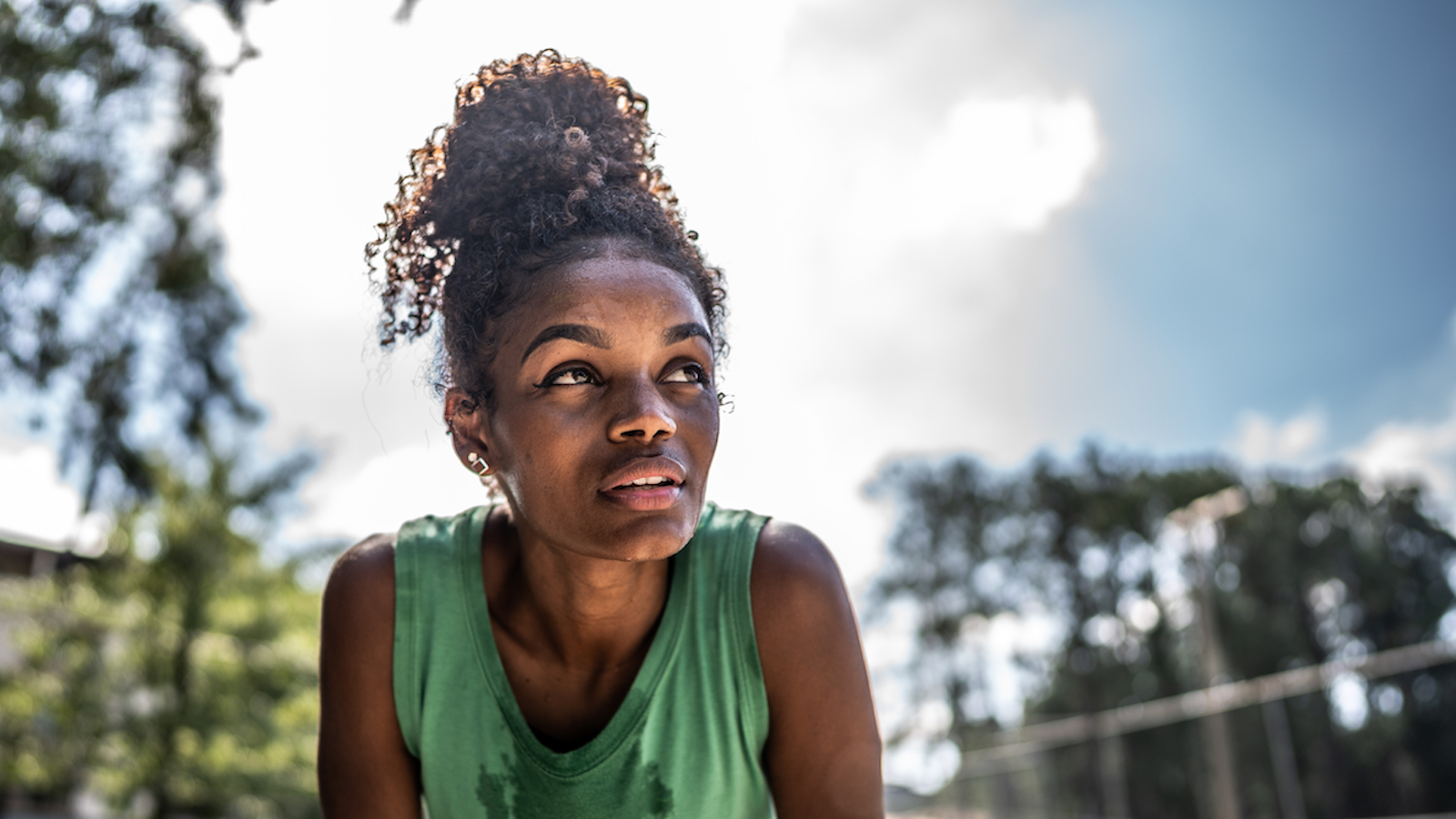Beat the Heat by Preventing Heat-Related Illness
Stay hydrated and stay cool, say Baylor experts about staying safe and avoiding heat-related illnesses during excessive Texas heat

(photo credit: FG Trade via Getty Images)
Contact: Shelby Cefaratti-Bertin, Baylor University Media & Public Relations, 254-327-8012
Follow us on Twitter: @BaylorUMedia
WACO, Texas (Aug. 15, 2023) – Hot summers in Texas are nothing new, but the excessive heat the state is experiencing this summer can quickly cause heat exhaustion and other serious complications. With temperatures expected over or around 100 degrees for the first few weeks of the semester, it is important for students, faculty and staff to take precautions to protect themselves and their friends and loved ones. As students return to campus, especially those from cooler states, Baylor exercise physiologists and medical professionals encourage students to stay hydrated and limit outdoor time in the heat of the day to avoid possible heat-related illnesses.
“During these hot days, individuals should take steps to reduce the risk of heat-related illness,” said Andrew R. Gallucci, Ph.D., associate professor in Baylor’s Robbins College of Health and Human Sciences and Athletic Training Program. “Some steps you can take to minimize these risks are scheduling outdoor activities in the cooler parts of the day, ensuring you have consumed enough fluids and taking more frequent rest breaks when outside.”
According to the Centers for Disease Control and Prevention, heat-related illnesses, like heat exhaustion or heat stroke, happen when the body cannot properly cool itself. The two most important things to remember are staying cool and well-hydrated.
“It is critically important to pay attention to heat safety tips to prevent heat illness, which can be very serious and occur rapidly,” said Sharon Stern, M.D., medical director of Baylor Health Services. “Minor heat illness can progress to heat exhaustion, and even heat stroke, if attention is not paid to prevention.”
Dr. Stern recommends drinking water before you feel thirsty, taking frequent breaks to cool off and watching for symptoms of heat exhaustion and heat stroke.*
Wearing lightweight, light-colored clothing, staying in the shade and wearing sunscreen can also help the body stay cooler.
George Nuñez, director of emergency management for the Baylor University Department of Public Safety, reminds the Baylor Family that “there are plenty of areas around campus to go inside to cool off in the air conditioning and refill water bottles.” Many water fountains in campus buildings on campus include bottle refilling stations.
Watch out for the following signs of heat-related illness.*
Signs of Heat Exhaustion - If you or someone you know is experiencing any of these symptoms, get to a cool, air-conditioned space, drink water, take a cool shower and use cool compresses.
- Feeling faint or dizzy
- Excessive sweating
- Cool, pale, clammy palms
- Nausea or vomiting
- Rapid, weak pulse
- Muscle cramps
Signs of Heat Stroke – If you or someone you know is experiencing any of these symptoms, call Baylor Police at 254-710-2222 or 9-1-1 immediately and keep the person cool until emergency services arrive.
- Throbbing headache
- Sweating stops
- Temperature over 103 degrees
- Nausea or vomiting
- Rapid, strong pulse
- Loss of consciousness
ABOUT ROBBINS COLLEGE OF HEALTH AND HUMAN SCIENCES AT BAYLOR UNIVERSITY
The Robbins College of Health and Human Sciences at Baylor University seeks to prepare leaders in health and quality of life through science, scholarship and innovation. Together, the departments housed within the Robbins College – Communication Sciences and Disorders; Health, Human Performance and Recreation; Human Sciences and Design; Occupational Therapy; Physical Therapy; Public Health; and a number of Army-Baylor graduate programs – promote a team-based approach to transformational education and research, establishing interdisciplinary research collaborations to advance solutions for improving quality of life for individuals, families and communities. For more information, visit the Robbins College website.
ABOUT BAYLOR DEPARTMENT OF PUBLIC SAFETY
The Baylor University Department of Public Safety serves as an umbrella department for the Baylor University Police Department, emergency management, fire safety, global safety and security, technical security and parking and transportation. The DPS is set on providing students, faculty and alumni with excellent security and safety through instant notification systems, extensive surveillance cameras and highly trained staff.
ABOUT BAYLOR UNIVERSITY
Baylor University is a private Christian University and a nationally ranked Research 1 institution. The University provides a vibrant campus community for more than 20,000 students by blending interdisciplinary research with an international reputation for educational excellence and a faculty commitment to teaching and scholarship. Chartered in 1845 by the Republic of Texas through the efforts of Baptist pioneers, Baylor is the oldest continually operating University in Texas. Located in Waco, Baylor welcomes students from all 50 states and more than 100 countries to study a broad range of degrees among its 12 nationally recognized academic divisions.